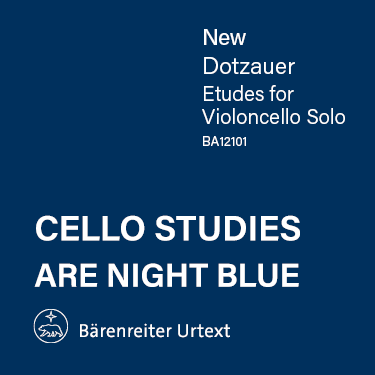
Author: Janet Horvath
Janet Horvath, the associate principal cello of the Minnesota Orchestra from 1980-2012, is a soloist, writer, and award-winning advocate for injury prevention for musicians. She has appeared internationally in recital and as soloist and has performed Kol Nidre, her signature work, for many decades. Her first book Playing (less) Hurt – An Injury Prevention Guide for Musicians has received international critical acclaim. Her numerous publications include a recent story in The New York Times and essays in The Atlantic and more. Ms. Horvath completed her Master of Fine Arts (MFA) in creative writing from Hamline University, in Saint Paul, Minnesota.
Her memoir in progress is an absorbing creative non-fiction story that centers around George Horvath, Janet’s father, who from 1946-1948 played hundreds of morale building concerts in Displaced Persons camps throughout Bavaria for Holocaust survivors like himself. Leonard Bernstein, the legendary maestro, was at the helm of the seventeen-member ensemble for two of these concerts bringing solace to thousands of refugees after World War II.
By Janet Horvath October 22, 2022
By Janet Horvath May 23, 2022
By Janet Horvath April 24, 2022
By Janet Horvath April 10, 2022
By Janet Horvath March 18, 2022
Subjects Historical
Tags Alexander Wierzbilowicz, Alfred von Glehn, Antonio Janigro, Armenian School, Bernard Greenhouse, Carl Fuchs, David Soyer, Davidov Cello Concerto, Diran Alexanian, Enesco, Feuermann, Fournier, Franco-Belgian School, Friedrich Grützmacher, German School, Gregor Piatigorsky, Hanus Wihan, Hugo Becker, Janet Horvath, Joseph Joachim, Julius Klengel, Karl Davidov, Leo Stern, Mischa Schneider, Pablo Casals, Raya Garbusova, Russian School, Schools of Cello Playing
By Janet Horvath March 6, 2022
Subjects Historical
Tags Adrien François Servais, Andre Navarra, Auguste Franchomme, Bernard Greenhouse, Chopin, Eleanor Aller, Elsa Hilger, Felix Salmond, Frank Miller, French, French Cello School, Jean Louis Duport, Joseph Platel, Jules Delsart, Leonard Rose, Maurice Gendron, Paul Bazelaire, Paul Tortelier, Pierre Fournier
By Janet Horvath February 11, 2022







